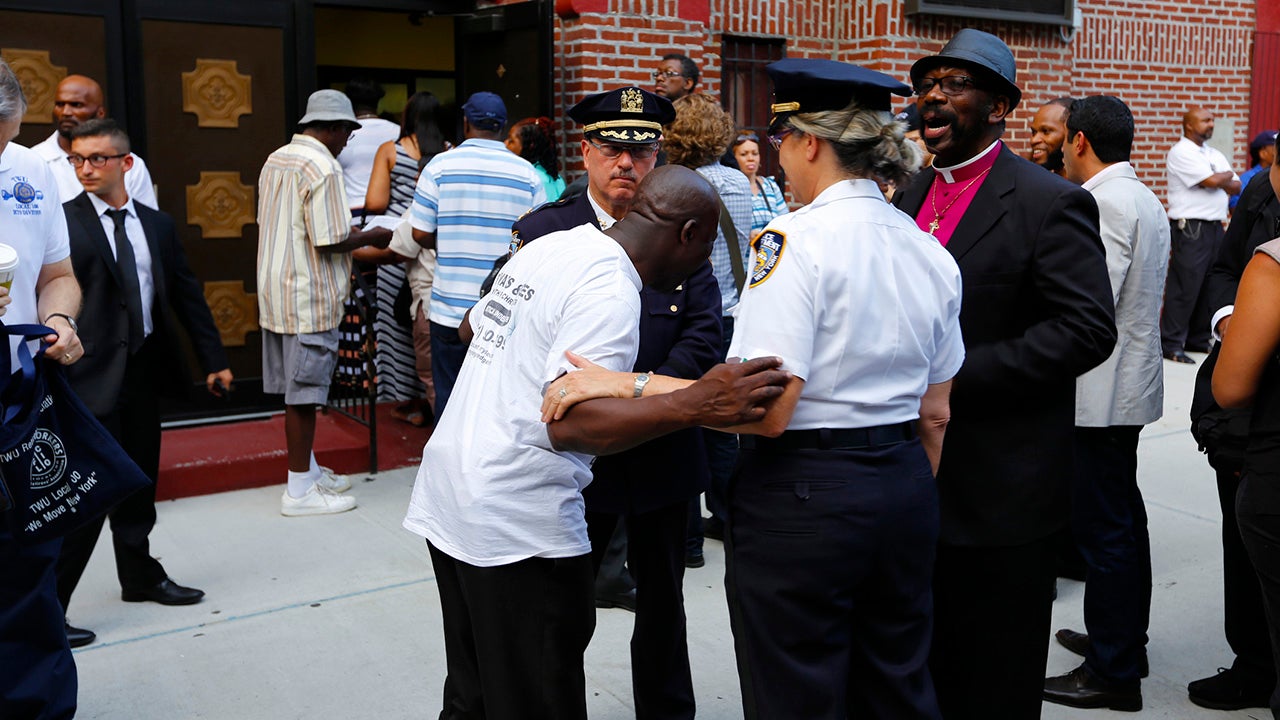This summer, Americans watched the legislative pendulum on abortion rights swing in both directions. The Supreme Court ruled to overturn Roe v. Wade in June, creating a ripple effect across the country. Thirteen states, including Arkansas, Tennessee, and Louisiana, had trigger laws that effectively outlawed abortion per the reversal. Yet in August, voters in Kansas overwhelmingly backed the right to choose by rejecting a constitutional amendment that would have allowed the state legislature to restrict abortion rights. It was the first state to defend access to abortion since the Supreme Court ruling.
Lack of access to sexual and reproductive health care is a global issue—one that the Aspen Institute’s New Voices fellows know well. The New Voices Fellowship is a year-long program that uses communications, advocacy, and storytelling training to equip experts from Africa, Asia, and Latin America with the skills needed to change public opinion and shift policy. Within the fellowship is a cohort of sexual and reproductive health and rights (SRHR) experts and advocates who are reshaping the power dynamics in their field. They are building relationships with both funders and local communities based on trust and mutual understanding.
At a virtual festival called Invisible No More, these fellows joined philanthropic partners to celebrate and uplift their expertise. There they launched a critical new framework for sustainable funding, introduced a toolkit for work with adolescents, and surfaced stories of frontline SRHR champions from around the world. The over 200 attendees included funders, abortion rights activists, gender-based violence (GBV) survivors, people engaged in sex work, policymakers, and fellows from six continents.
Mariana Assis is the first New Voices fellow to represent Brazil. Assis is a human rights lawyer and activist researcher who uses her legal expertise to further social and reproductive justice causes. For years, she committed to pro bono work as a student and professional in Brazil and the United States. On a panel about self-managed abortions, Assis gathered a global collective of activists from Lebanon, Argentina, Poland, and Kenya. She believes self-managed abortion returns power to the patient.
“In the medical-legal paradigm of abortion, the power relies on medical and legal experts to define what is an abortion, who can have an abortion, or how this person can have an abortion and where,” Assis said. “Self-managed abortion really implodes the power dynamic between the person who is having the abortion and the legal and medical experts because power is returned back to the person.”
Assis was also part of a group of fellows who shared a “manifesto” calling for funders to reexamine their funding practices with local organizations. This best practices document holds funders more accountable to the communities they serve and ensures a true partnership instead of a dependency.
The New Voices Fellowship experience has been a transformative one for Assis.
“It’s such a rich experience to be a fellow, not only because of the great training but the network and the richness of the work that we are exposed to,” she said. “I could see what people were doing by learning from them and listening to them. It really opened an entire landscape of actions, possibilities.”
New Voices fellow Monalisa Padhee is from eastern India and holds a PhD in maternal health. Padhee saw a need in the community for information on sexual and reproductive health. After completing her doctorate, she returned home to support and learn from community-based organizations operating in remote parts of the country. In partnership with Barefoot College International, Padhee works as a health and wellness program leader and manages a grassroots team. They connect with youth in many rural parts of India, facilitating conversations about SRHR within and beyond the classroom. Today, she is building a strong outreach team to take those programs to the next level.
At the Invisible No More festival, Padhee and her co-creators introduced an open-source, rights-based adolescent curriculum to educate adolescents and youth about their rights and bodily health. The toolkit equips trusted partners such as teachers, religious leaders, and youth advocates with better knowledge and teaching techniques. While there are too many topics to cover in a single curriculum, the team narrowed things down to include a pictorial guide detailing physical and emotional changes during adolescence, a personal hygiene regimen, and one’s sexual and reproductive rights.
Padhee emphasized the importance of communicating information through visuals. The illustrations can reach a broad audience regardless of educational experience and cultural taboos. With youth, trust and engagement are fundamental to learning. “You want to be their friend,” Padhee said. “You don’t want to preach. You have to make it fun and interactive. Don’t make it another instructive science class.”
Money is a clear part of that equation when sharing ideas about how to put SRHR front and center on a global stage. One of the panels on shifting traditional funding practices for sexual and reproductive health and rights featured Tian Johnson, a queer South African activist, creator of the African Alliance, and a New Voices fellow. During the panel, Johnson expressed frustration about the global pushback and discomfort against SRHR. Meanwhile, activists and advocates have to “put forward our humanity as a business case to try and put forward our basic rights to live, to breathe, to exist.”
Johnson stressed the need for collaboration when dealing with funders and philanthropic organizations. They also championed adopting and executing the guidelines they developed alongside Assis and the other fellows. The power dynamics between funders and NGOs may cloud how investments are viewed, allocated, and spent. One way of balancing this is joint governance in the form of panels designed with half donors and half civil society members. They want to see a diverse range of voices to foster more accountability.
“At the core of what we would like to see is an exercise in humility,” Johnson said. “And that requires giving up spaces, sharing power, looking around the boardroom table, looking at the faces and asking, ‘do you see the faces of those you purport to be supporting?’”
The intent of this first-ever conference was to shed light on the global activism surrounding sexual and reproductive health and rights—from fundraising and allyship to policymaking and advocacy. The New Voices Fellowship continues to be an opportunity to showcase the work advocates and activists are doing to center sexual and reproductive health and rights for all people.
You can find more information about the New Voices Fellowship program, including events, programming, and nominations here.


